The Eurasia Group has avoided calling either Xi or the PRC in any way ‘dangerous’ but regards a fighter for democracy as ‘dangerous’, writes Prof. Madhav Das Nalapat
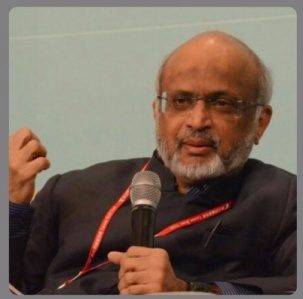
Recently, a member of an influential strategic group wrote about a trio of the leaders that in his view were the three “most dangerous” friends of the US and its allies across the Atlantic. The three named were Ukraine’s Volodymyr Zelenskyy, Israel’s Benjamin Netanyahu and Taiwan’s William Lai. This is what the Eurasia Group writer was quoted by KMT Presidential candidate Hou You-yih as saying.
If Hou is correct in such an attribution, the Eurasia Group has moved entirely away from its consistent cheerleading of the senseless, hopeless war that Zelenskyy is conducting against Russia. The war is being fought in a bid to recover territories lost to Moscow since 2014. That the policy suggestions of such behaind the times groups are taken so seriously by policymakers in the US and its Atlantic allies is why what Russian Foreign Minister Sergey Lavrov calls the “Collective West” is losing its influence across the world.
Living in a world of the past, ignoring the reality of the present, dinosaurs within the policymaking community who still believe the world is in the era of Cold War 1.0 continue to dominate policy within NATO. According to such minds, the three “rogue” states that need to be neutralised are North Korea, Iran and Russia. Conspicuously absent from the Eurasia list is China, which is presumably why Taiwan’s William Lai, who is no admirer of the CCP, has been included in the Eurasia list of “dangerous friends” of the US and its allies.
In the 1930s, the intellectual ancestors of the Eurasia Group were joyful at Poland opposing the pleas of the Foreign Minister of the Soviet Union from 1930 to 1939, Maxim Litvinov, for France, Britain and the USSR to join hands against Nazi Germany. Not that Pilsudski, Sikorski and others in Poland who regarded Hitler’s Germany as being preferable by far to Stalinist Russia were alone in such a view.
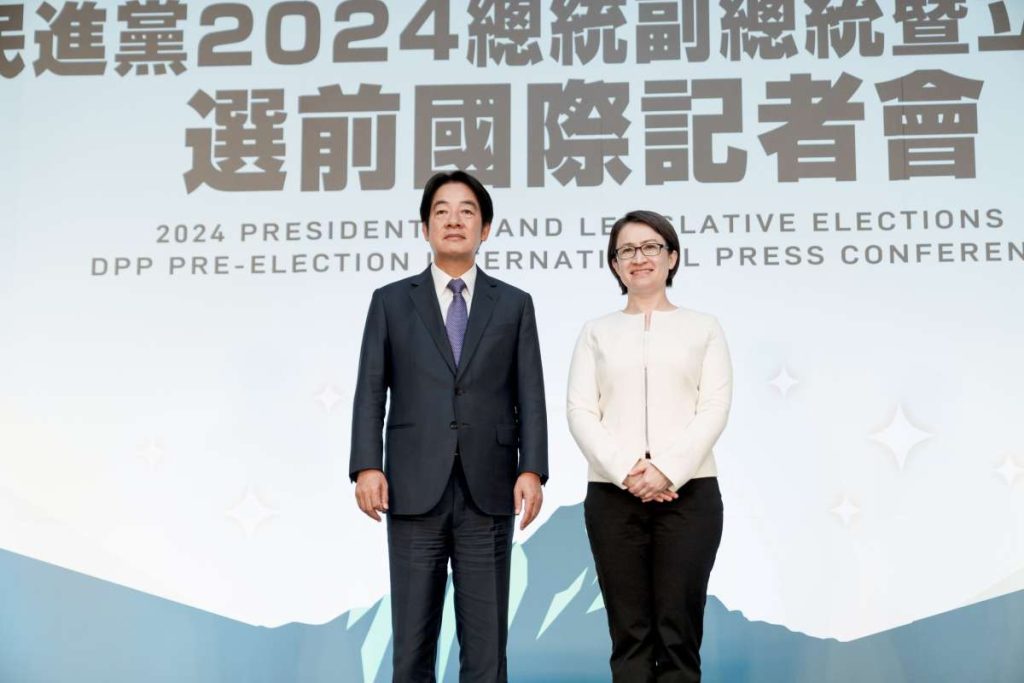
Most of the leaders of France and Britain during the 1930s agreed with them, while the few who did not, such as Winston Churchill, were shunned as “unsound warmongers”. Poland paid a very heavy price in lives and land for its policies after the invasion of the country by Germany in 1939. In times to come, Zelenskyy and the other Ukrainian leaders of the present will be judged the way the Polish leadership during the 1930s was, as individuals who sleepwalked their country to disaster.
But it would be unfair to blame Zelenskyy in the manner that an analyst in the Eurasia Group is reported to have done. Having come to power on a mandate from the voters to search for a peaceful resolution of the tensions with Russia, after being elected, Zelenskyy was bombarded with advice (including by visiting members of the Eurasia Group) to win back through war the lands lost to pro-Russian elements in Ukraine in 2014.
When there was the proposal by Moscow of an armistice just a month after Russia launched its war on Ukraine in 2022, that overture was blocked by the US, the UK and the EU. The three promised Zelenskyy “all that was needed, for as long as it takes” to defeat the Russian bear. Trying to push a bear into a corner is never a good idea, unless you have the capability of completely overpowering it.
Given that Russia has the most lethal nuclear force in the world, any question of overpowering the country in battle does not arise. This would be the case even if NATO were to enter into the Ukraine conflict in the way the Chinese and the Ukrainian regime want, the first privately and the other openly.
Calling the country with such a lethal nuclear arsenal a rogue state needing to be neutralised, as the Eurasia Group has done, is to seek to corner a bear without the ability to defeat its counterattack. Thanks to such muddied thinking, much of the world is suffering the consequences of NATO having urged Ukraine to fight a war that is unwinnable for the country.
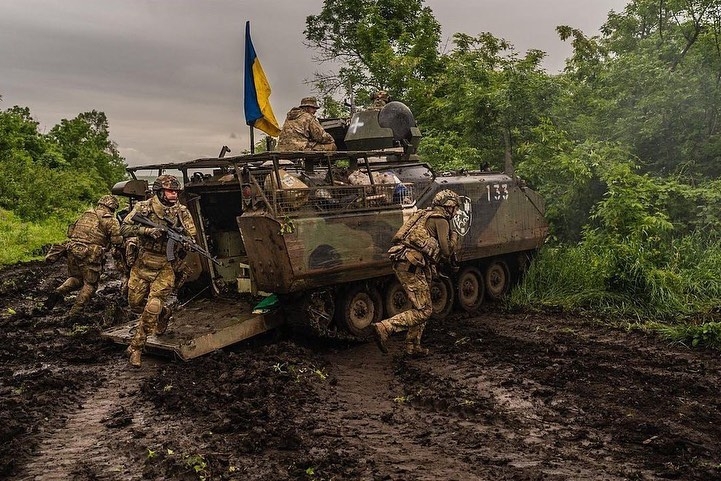
Zelenskyy’s previous career as a comic has evidently not prepared him to understand the consequences of his having followed the advice of many including the Eurasia Group in rejecting an armistice except on terms tantamount to the impossibility of a Russian surrender. Rather than Zelenskyy being a “dangerous friend”, the fact is that it is dangerous to go by the views of the Eurasia Group, as is now clear to all except confirmed Cold War 1.0 zealots who have not noticed that from 1997 onwards, the world has entered into the era of Cold War 2.0. And what of North Korea?
After seeing what happened to Saddam Hussein and Muammar Gaddafi after they handed over their WMD stockpiles, it would not be rational for Kim Jong Un to trust in the word of western leaders (in the way Gaddafi, under the influence of his son Saif, did). This was the promise that after Kim dismantled his WMD and thereby made himself helpless in a future war, he would be transformed from foe to friend. Should North and South Korea ever unify in the way East and West Germany did, it will almost certainly be as a nuclear state.
As for Iran, there is no doubt that the obsession of the clerical regime, which is to eliminate Israel from the map, has been the single biggest factor behind the suffering endured by the Iranian people. Which is why most of the people of Iran loathe the clerics who ruin their lives. And what of the other “dangerous friends”, Netanyahu and Lai? The fact is that the 7 October terror attack by Hamas left no choice for Israel but to eliminate the military wing of Hamas.
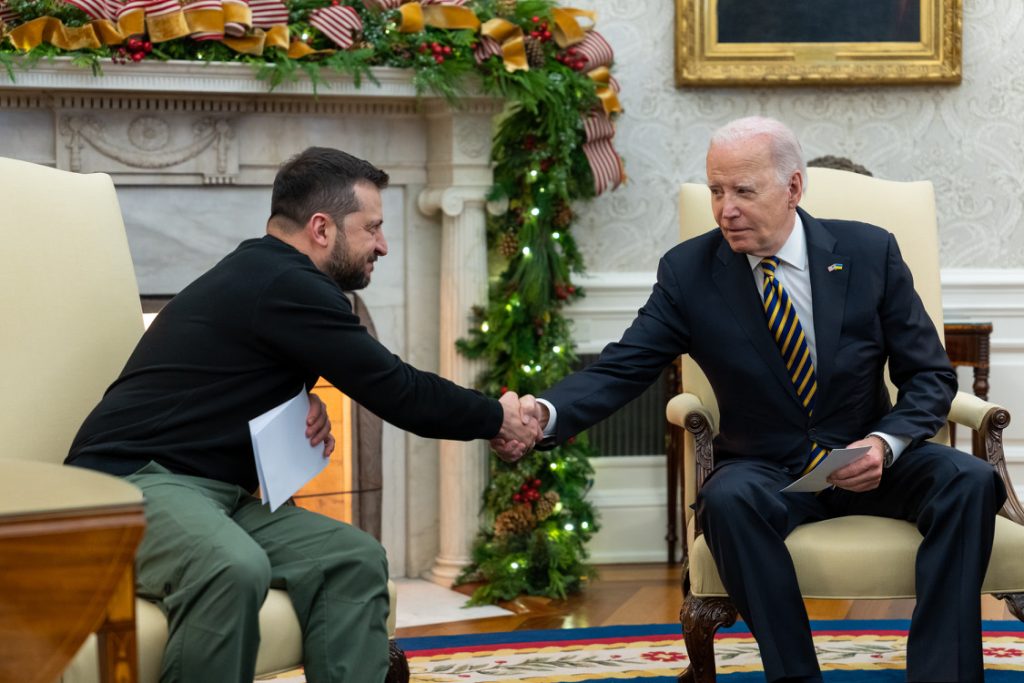
Contrary to many “experts”, should the Hamas military wing survive the present IDF operation, it would speed up radicalisation across the region, while the demise of the offensive capability of Hamas would dampen such fervour. If George W. Bush is not considered “dangerous” by the Eurasia Group for his reaction to 9/11, neither should Netanyahu. And unlike Bush, who cheerfully expanded his war to Iraq, thus far Netanyahu has held back fringe elements in his government urging an attack on Iran.
As for William Lai, he is “dangerous” not to the US or to Taiwan but only to the CCP, which is engaged in an effort at taking control of Taiwan by stealth. The Eurasia Group has avoided calling either Xi or the PRC in any way “dangerous” but regards Lai, a fighter for democracy, as “dangerous”. With policy advisers such as these, small wonder that the Atlantic Alliance is shrinking in credibility across the world.
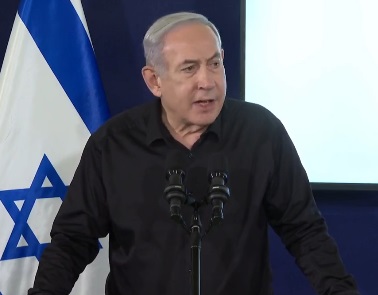
Leave a Reply